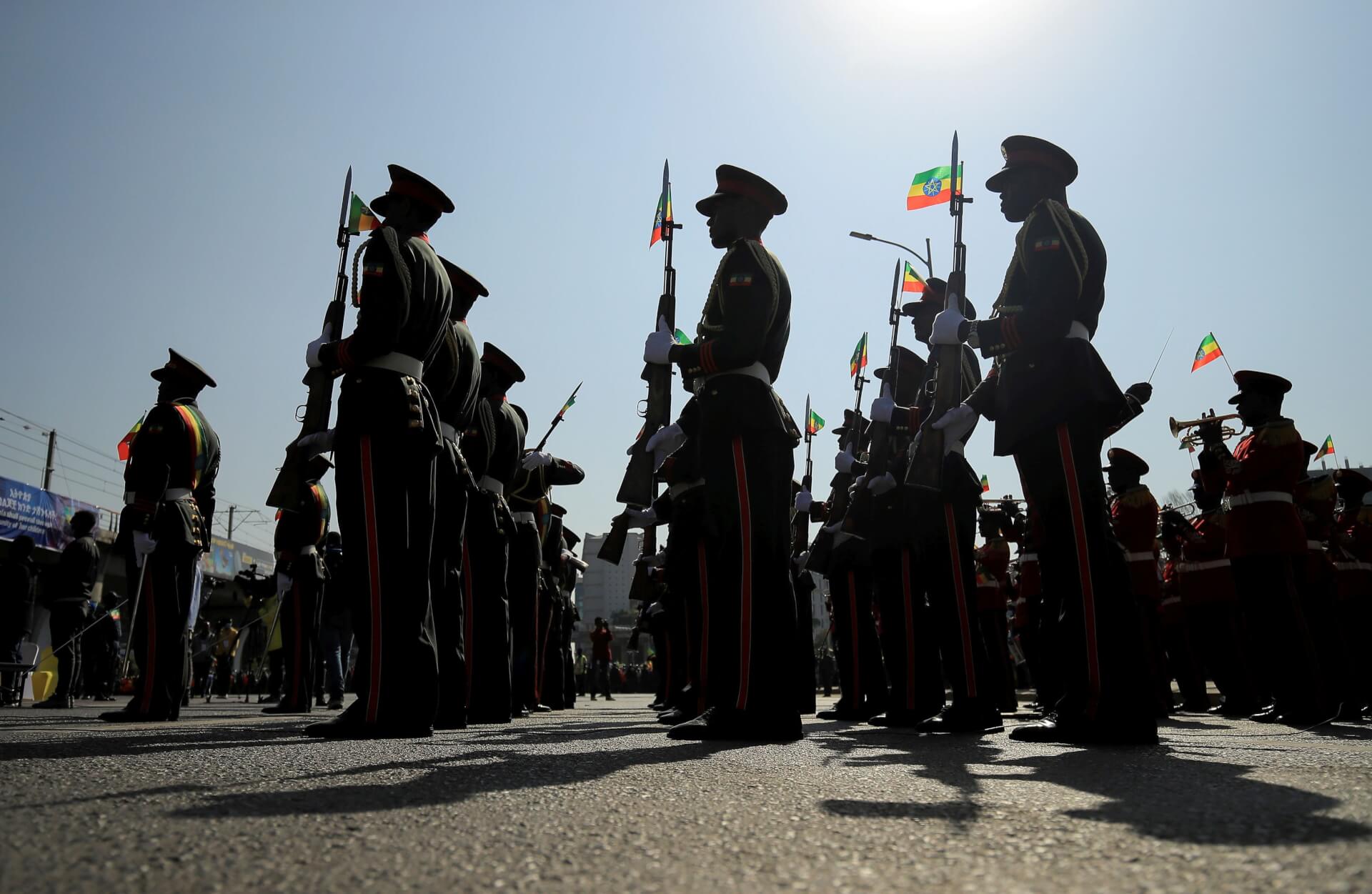On Friday, the United States (US) imposed economic sanctions on six Eritrean military officials and politicians over their role in the ongoing conflict in Ethiopia. The announcement comes after US President Joe Biden signed an executive order in September threatening sanctions against all sides involved in perpetuating the conflict.
In a statement, Secretary of State Antony Blinken said, “Eritrea’s destabilizing presence in Ethiopia is prolonging the conflict, posing a significant obstacle to a cessation of hostilities, and threatening the integrity of the Ethiopian state.” Blinken, who will visit Africa this week, asked the Eritrean military to withdraw its forces from Ethiopia immediately, citing “credible accounts of serious human rights abuses.”
Washington also acknowledged and welcomed the efforts of African Union (AU) High Representative Olusegun Obasanjo to engage in dialogue with the primary perpetrators of the conflict, the government of Ethiopia and the Tigray People’s Liberation Front (TPLF). AU diplomatic efforts include demands to “negotiate a cessation of hostilities without preconditions and commit to unhindered humanitarian access.”
The sanctions will be carried out by the US Department of Treasury Office of Foreign Assets Control (OFAC).
In a separate statement, OFAC Director Andrea Gacki said, “Treasury will continue to use all our tools and authorities to target and expose those whose actions prolong the crisis in the region, where hundreds of thousands are suffering.” Gacki warned that “the US stands ready to pursue additional actions, including against the Government of Ethiopia and the (TPLF), if there is not tangible progress toward a cessation of hostilities.” Her statement also made it clear that “US sanctions do not limit the ability of civilians located in Ethiopia, Eritrea, and the region to receive humanitarian support from the international community.”
However, Eritrea’s foreign ministry has labelled Washington’s sanctions as “illicit and immoral.” On Saturday, the ministry also condemned the US for its “misguided and hostile policy” towards the people of Eritrea.
Earlier this year, Eritrea and Ethiopia expressed their disapproval of a previous set of American sanctions and travel bans. Both nations also criticised the involvement of Washington, rights groups, and multilateral organisations such as Amnesty International and the United Nations in the region.
Eritrea entered the conflict as an ally of the Abiy government during its full-scale invasion of the Tigray region last year. The country has had hostile relations with the TPLF since 1993. Although its conflict with the TPLF was resolved in 2019, Eritrea’s current involvement is seen as an attempt to exact revenge on the group.
For over a year, Ethiopia’s Tigray region has been ravaged by the dispute between Prime Minister Abiy Ahmed’s government and the armed political faction, the TPLF, resulting in tens of thousands of deaths and a larger humanitarian crisis affecting millions.
Against this backdrop, Blinken will visit Kenya, Nigeria and Senegal this week to address regional security issues, particularly Ethiopia and also “advance collaboration between the US and Africa on shared global priorities” along with prominent leaders from the continent.

